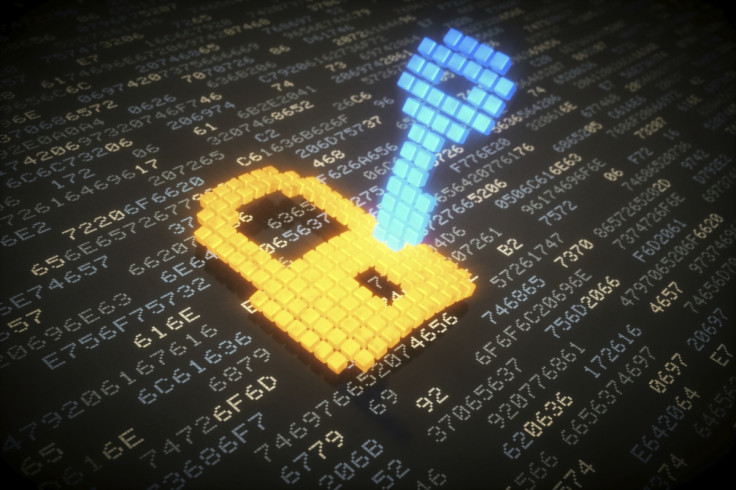'Hack-proof' satellite sends secure messages from space in quantum breakthrough
Can "quantum keys" revolutionise how secure messages are sent across the globe?
For a crack group of Chinese scientists, "hack-proof" communications have quickly become a reality – using what is commonly known as "quantum key distribution" to help revolutionise how secure messages are sent across the globe, using satellite-to-ground technology.
This week (10 August), experiments conducted using the world's first quantum satellite – known as the Quantum Experiments at Space Scale (QUESS) – were reportedly published in Chinese academic journals showing how the tests had proven successful in record time.
The 600kg+ satellite, nicknamed "Micius" after a Chinese philosopher, was first sent into the earth's orbit by scientists on 16 August last year.
Now, after reviewing the initial findings, the scientists have pledged to work with partners across Europe to conduct further research by the end of the year.
The form of key distribution (think of it as a unique random password only known to the sender and receiver) has been branded "hack-proof", because any tampering would be noticed due to the fact it permanently disturbs the communication.
According to state news outlet Xinhua, one of the project's lead scientists confirmed the satellite sent quantum keys to ground stations in two locations in China. Pan Jianwei, an academic at the Chinese Academy of Sciences (CAS), said it was ultimately more efficient than expected.
"Satellite-based quantum key distribution can be linked to metropolitan quantum networks," Pan noted. "We can thus envision a space-ground integrated quantum network, enabling quantum cryptography – most likely the first commercial application [...] useful at a global scale."
When the timing is right and the satellite flies over China, it provided an experiment window of 10 minutes. During that time 300 secure keys could be made. "That can meet the demand of making an absolutely safe phone call or transmitting a large amount of bank data," he said.

Peng Chengzhi, a chief designer at QUESS, claimed that expanding the total coverage area of the satellite could help in the future.
"If we have a satellite in orbit at 10,000km, the time for quantum key distribution could be several hours," Peng noted.
To solve the issue, satellites will soon be sent into higher orbit, with scientists teasing the creation of a so-called "satellite constellation".
That, however, will require new technology. Micius, which has a shelf-life of roughly two years, achieved its goals a year ahead of schedule, Pan added.
As noted, the work is set to expand across the world, with the state media outlet claiming that Chinese experts now plan to work on quantum key distribution research with Germany and Italy. Ground stations there, they said, would be ready by the end of 2017.
The long-term goal remains the same: to set up a global quantum communications network. Pan said that the aim was to "to form a ground and space integrated quantum communications network in about 10 years" and apply it to the nation's defence, government, finance and energy sectors.
The big question for other countries – from the UK to the US – is can anyone else compete?
© Copyright IBTimes 2024. All rights reserved.






